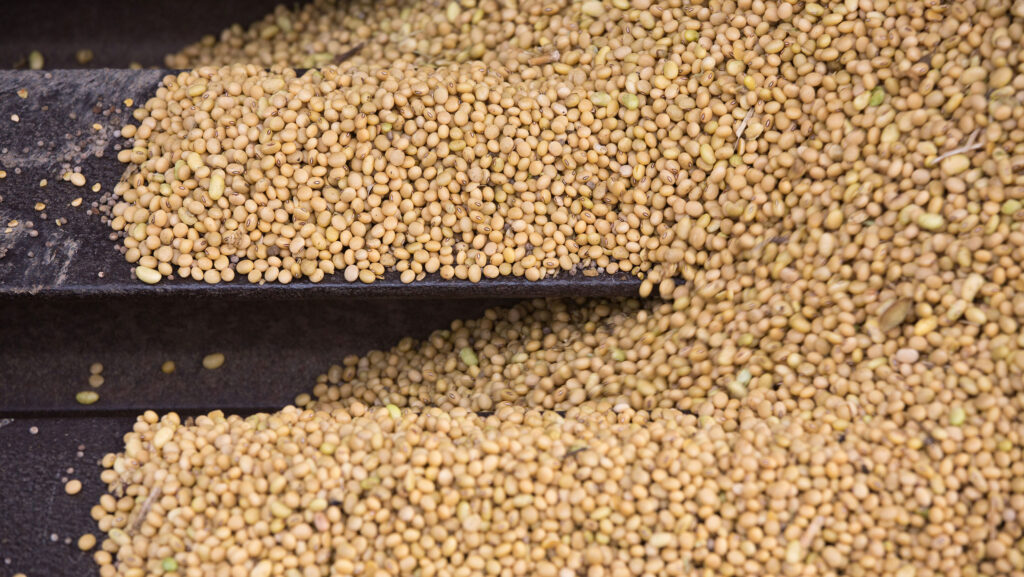EU proposes delay to deforestation regulations on feed
 © Tim Scrivener
© Tim Scrivener The livestock sector has largely welcomed a proposed delay to EU legislation which could impact on UK meat exports and supplies of feed ingredients, such as soya.
The planned legislation will mean that goods sold in the EU must be sourced from deforestation-free regions. It is also likely to further impact other countries which trade with the EU, such as the UK.
See also: ADM launch traceable soya product as EU regulations loom
EU deforestation regulations were due to be imposed from the end of this year.
However, a proposal has been put forward to delay the implementation for a further 12 months until 30 December 2025 for large companies and until 30 June 2026 for smaller enterprises.
Meat processors had previously warned of impacts on market access for exports from the UK to the EU, if the UK did not provide equivalent guarantees in time.
Availability and prices of feed ingredients such as soy and rapemeal for farming enterprises are also forecast to be impacted by the legislation.
The UK’s own targets for restricting imports from deforestation-free zones, such as soya, are due to come into use from the end of 2025.
British Meat Processors Association chief executive Nick Allen said: “What we need from government is an acknowledgement that it is they, and they alone that can nominate a responsible government department and adopt a system for complying with the EUDR requirements.”
Solution
The agricultural industry has already been working towards a solution and almost 50 organisations have signed up to the UK soy manifesto, which is an industry commitment to ensure that all physical shipments of soya to the UK are deforestation- and conversion-free by 2025.
Jenny Brunton, senior European policy adviser at the British Agriculture Bureau in Brussels, said the European Parliament and Council will be required to approve the Commission’s proposed amendment to delay the regulation before it can become effective.
She added: “The British Agriculture Bureau has consistently highlighted the concerns of UK farmers in meeting these burdensome requirements and joined with wider European industry to call for clarity, simplification, and any necessary delay to ensure feasible implementation.
“While we support the objective of the regulation in addressing global deforestation, this must be done in an effective and pragmatic way, without substantial administrative burdens for countries which have a negligible deforestation risk.”
